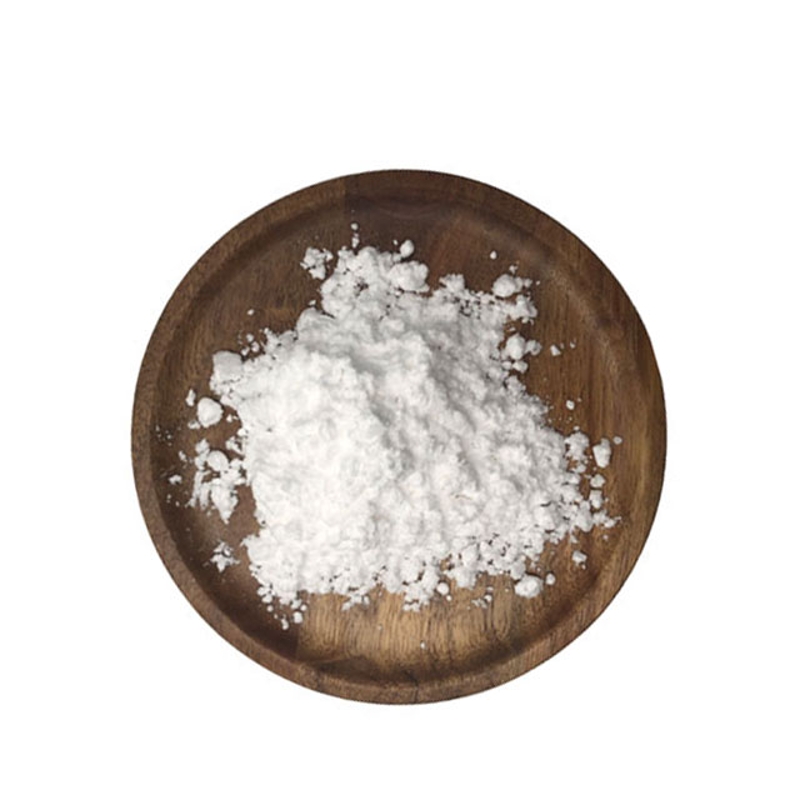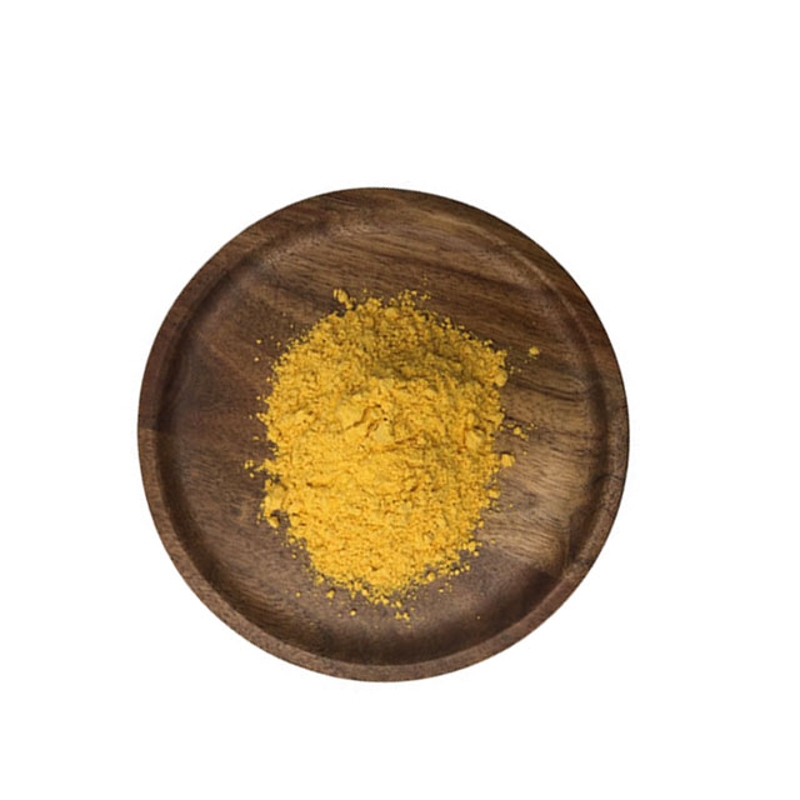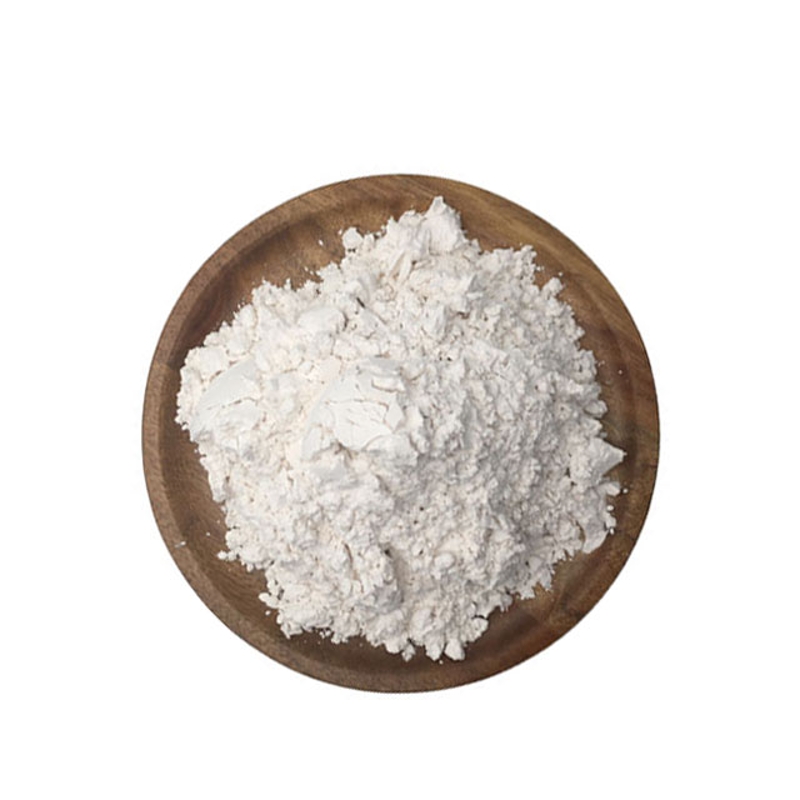-
Categories
-
Pharmaceutical Intermediates
-
Active Pharmaceutical Ingredients
-
Food Additives
- Industrial Coatings
- Agrochemicals
- Dyes and Pigments
- Surfactant
- Flavors and Fragrances
- Chemical Reagents
- Catalyst and Auxiliary
- Natural Products
- Inorganic Chemistry
-
Organic Chemistry
-
Biochemical Engineering
- Analytical Chemistry
- Cosmetic Ingredient
-
Pharmaceutical Intermediates
Promotion
ECHEMI Mall
Wholesale
Weekly Price
Exhibition
News
-
Trade Service
Recently, the Journal of Thoracic Oncology published the results of a phase 2 clinical study
.
The study is an open-label, dual-cohort Phase 2 clinical study to evaluate the efficacy of lorlatinib (lorlatinib) in Chinese patients with previously treated ALK-positive advanced or metastatic NSCLC
Recently, the Journal of Thoracic Oncology published the results of a phase 2 clinical study
The study was an open-label, dual-cohort Phase 2 clinical study (NCT03909971); patients with disease progression after ALK-TKI treatment were divided into cohort 1: previous crizotinib treatment and cohort 2: previous ALK-TKI other than crizotinib treatment), ≥1 extracranial measurable lesion, and ECOG PS of 0-2
.
Patients received oral lorlatinib 100 mg once daily for a 21-day cycle
The study was an open-label, dual-cohort Phase 2 clinical study (NCT03909971); patients with disease progression after ALK-TKI treatment were divided into cohort 1: previous crizotinib treatment and cohort 2: previous ALK-TKI other than crizotinib treatment), ≥1 extracranial measurable lesion, and ECOG PS of 0-2
At data cutoff (August 10, 2020), 109 patients were enrolled (cohort 1: N = 67; cohort 2: N = 42)
Among cohort 1 patients, 8, 39, 8, and 4 patients each had CR, PR, SD, and PD, ORR was 70.
At the time of intracranial response assessment, there were 19, 10, 0, and 3 patients in CR, PR, SD, and PD, respectively, in cohort 1, ORR was 80.
6 %, and the median DOR was not yet reached
.
In cohort 2 patients, there were 6, 4, 2, and 6 patients in CR, PR, SD, and PD, respectively.
At the time of intracranial response assessment, there were 19, 10, 0, and 3 patients in CR, PR, SD, and PD, respectively, in cohort 1, ORR was 80.
The median progression-free survival (PFS) in cohort 1 was not reached, and the 12-month PFS rate was 66.
4% (95% CI: 52.
4-77.
1); the median PFS in cohort 2 was 5.
6 months (95% CI: 2.
9-9.
7) , the 12-month PFS rate was 34.
2% (95% CI: 19.
2-49.
8)
.
Median OS was not reached in either cohort
The median progression-free survival (PFS) in cohort 1 was not reached, and the 12-month PFS rate was 66.
Hypercholesterolemia (92.
7%) and hypertriglyceridemia (90.
8%) were common treatment-related adverse events (TRAEs)
.
Nine (8.
Hypercholesterolemia (92.
7%) and hypertriglyceridemia (90.
8%) were common treatment-related adverse events (TRAEs)
.
Nine (8.
3%) patients had severe TRAEs; one patient permanently discontinued treatment because of TRAEs
.
In conclusion, the study showed that in the Chinese population with ALK-positive advanced NSCLC who had progressed on previous ALK-TKI therapy, lorlatinib had a significant curative effect and a high intracranial control rate
.
.
The study showed that in the Chinese population with ALK-positive advanced NSCLC who had progressed on previous ALK-TKI treatment, lorlatinib treatment had a significant effect, and the intracranial control rate was high
.
The study showed that in the Chinese population with ALK-positive advanced NSCLC who had progressed on previous ALK-TKI treatment, lorlatinib treatment had a significant effect, and the intracranial control rate was high
.
Original source:
Original source:Shun Lu, Qing Zhou, Xiaoqing Liu, et al.
Lorlatinib for Previously Treated ALK-Positive Advanced Non-Small Cell Lung Cancer: Primary Efficacy and Safety From a Phase 2 Study in China.
Journal of Thoracic Oncology.
DOI: https:// doi.
org/10.
1016/j.
jtho.
2022.
02.
014
Lorlatinib for Previously Treated ALK-Positive Advanced Non-Small Cell Lung Cancer: Primary Efficacy and Safety From a Phase 2 Study in China.
Journal of Thoracic Oncology.
DOI: https:// doi.
org/10.
1016/j.
jtho.
2022.
02.
014 leave a message here







